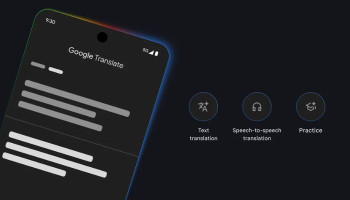
Artificial Intelligence models like ChatGPT have incredible potential, but they are susceptible to errors due to limited insight into their training data. AI model's flexible understanding of facts can lead to inaccuracies. This is why AI prompts guide has become necessary these days.
OpenAI's co-founder, John Schulman, has expressed concerns about its factuality and propensity to fabricate information.
Top ways to improve AI prompts
Following are some ways you can improve your AI prompts:
Conversational interaction: Treat AI models like a friend. Humanise the interaction by giving it a name and engage in multi-step, back-and-forth dialogues for deeper discussions.
Providing context: Effective prompts offer context beyond one-liners. Details about your query, like your running experience and goals for marathon training, enable AI models to provide tailored advice.
Embracing different perspectives: AI models can assume various identities or professions in responses. Requesting answers from different viewpoints, such as a product manager or journalist, provides diverse insights.
Ensuring accuracy: Ask for justifications for responses to maintain accuracy and coherence. Phrases like "Why do you think that?" prompt reasoned answers and deter fabrication. Keep long conversations on track by gently guiding the AI back to the main topic.
These strategies enhance the AI prompt interactions, enabling you to obtain more informative and engaging responses. The AI prompts guide suggests that effective prompts are crucial for achieving the desired quality of AI-generated content, whether for assistance, information, or creativity.
















